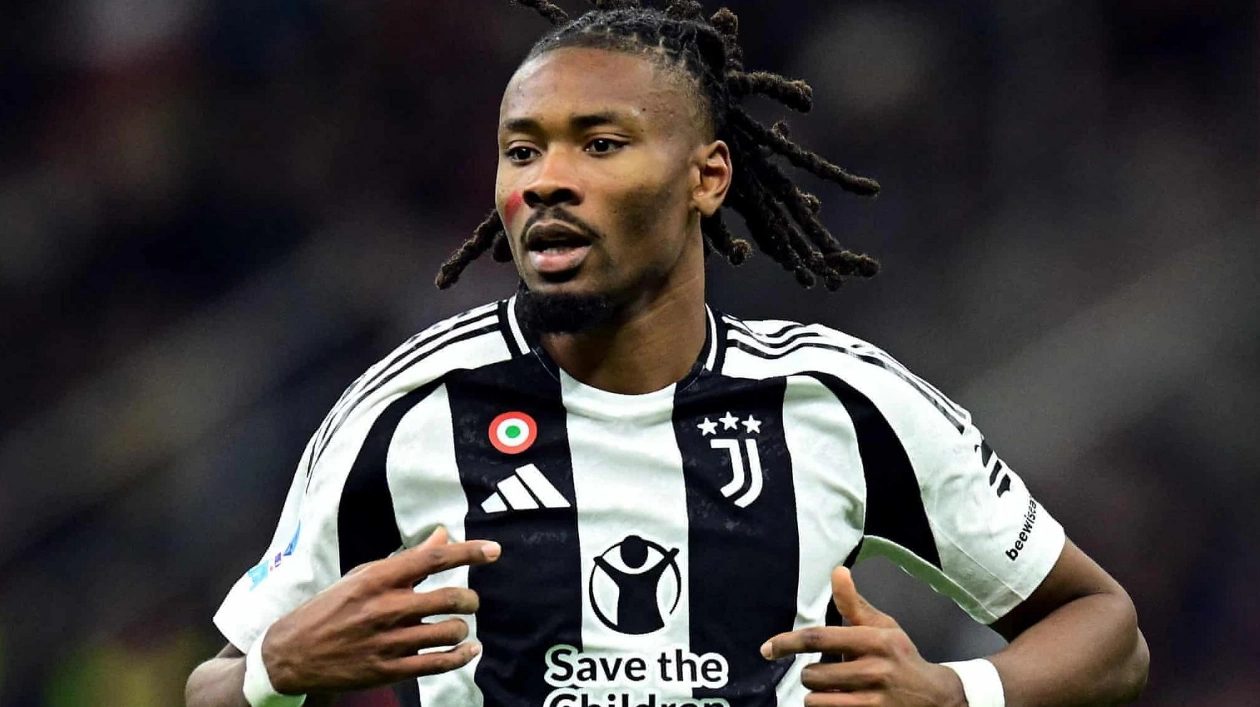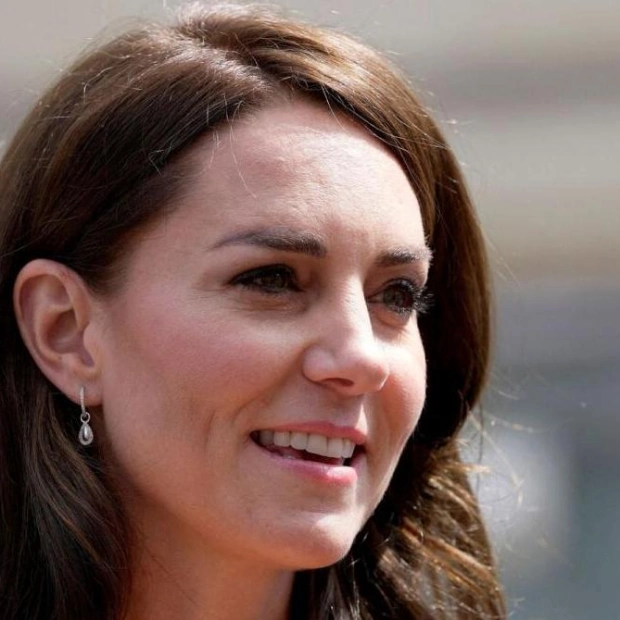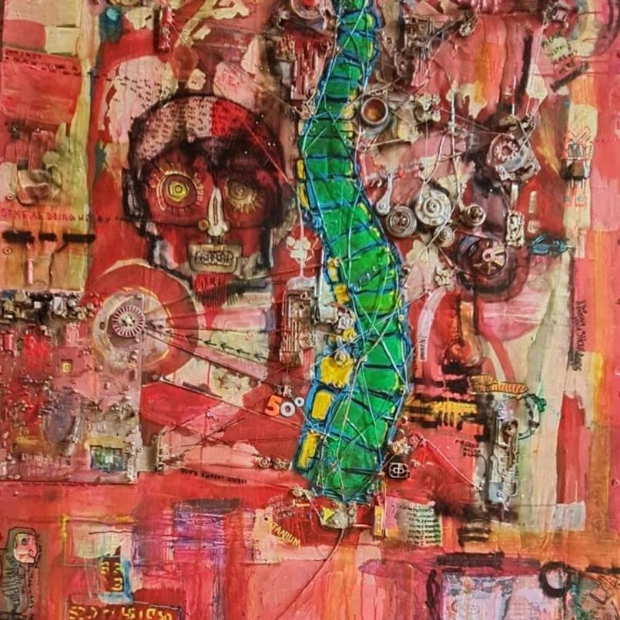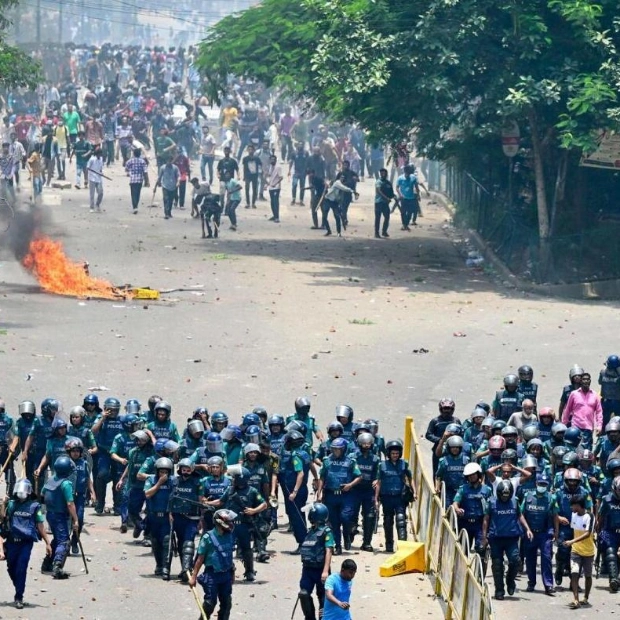“I’m not sure if it was fate,” says Khéphren Thuram, smiling during a video call from Turin, yet he can still see the poetic elements in his journey. Born in Italy, the son of the legendary Juventus defender Lilian Thuram, he now finds himself donning the same black and white stripes, orchestrating the midfield. “It’s a beautiful story,” he reflects. “People outside see the romance in it. But I’m just doing my job.” On Wednesday, his job will take him to Villa Park for a Champions League match, marking his first competitive appearance on English soil. He won’t be unprepared, though. His teammate Douglas Luiz has already filled him in on their upcoming opponents. “We talk about Aston Villa,” Thuram mentions. “He told me he had a great time there, that the fans are fantastic. And I watch a lot of Premier League. It’s going to be a good game.”
Thuram has always been an attentive student, perhaps a natural consequence of his footballing upbringing. His father is not only a World Cup winner but also one of the game’s leading thinkers; his older brother Marcus is a French international and Serie A champion with Inter. Football was a constant in their lives, whether in the garden or at the dinner table. When Lilian moved to Barcelona, the young Thurams would play with Lionel Messi and Thierry Henry. Patrick Vieira was an early coach for Khéphren at Nice, and Thiago Motta is his current coach at Juventus. This thirst for learning and improvement was instilled from a young age.
“At first, it’s just the love of the game,” Thuram explains. “When you’re young, you want to do what your dad does. It doesn’t feel like work, but you’re working on your game without realizing it. As we grew up, my dad became more specific, teaching us about positioning and what we should do on the field.” He also emphasizes the importance of watching and analyzing games, a lesson he learned from Thierry Henry. “When you watch a game, don’t watch it like a fan. Analyze what’s happening. Why did he do that? Why is he in that position?”
Thuram’s role models include players like Yaya Touré, Paul Pogba, and Patrick Vieira, who were taller and had box-to-box abilities. He also looked up to Thiago Alcântara to refine his skills in tight spaces. “I try to take a little bit from everyone. I’m not yet at their level, but I’m trying.”
Things are going well for Thuram. After five years at Nice, he made the leap to Juventus last summer, joining a young and exciting squad with one of Europe’s most promising managers. “The energy is really positive,” he says. “We’re all young, we all want to learn, and we talk about the same stuff in the dressing room.” A memorable moment from a recent derby against Inter saw Motta passionately urging Thuram to bring heart to the game. “He’s someone that when he speaks, you listen,” Thuram recalls. “Because of what he did as a player and what he did last year with his team. And because he puts the team first.”
Juventus are unbeaten under Motta, boasting the best defensive record in Serie A. While the attack hasn’t quite clicked yet, the direction feels promising, and Thuram has established himself as a key player in midfield. He highlights a recent goal against Udinese as an example of his development, emphasizing the importance of instinct and tactical training.
Thuram’s education extends beyond football. His father was not just an athlete but also an activist, writer, and anti-racism campaigner. He instilled in his sons a sense of purpose and history. Marcus was named after Marcus Garvey, and Khephren was named after an ancient Egyptian pharaoh. Family trips to places like the pyramids and Ivory Coast were part of their education in black history. “It’s a beautiful thing,” Thuram says of his father’s activism. “Just being with him, listening to him, makes me grow.”
To be Khéphren Thuram is to have all the tools at your disposal: youth, talent, opportunity, hunger, perspective, inner peace, and the desire to grow. Most importantly, there’s the joy of playing football at one of the best clubs in the world. “Sometimes you wake up and it’s cold, you’re a little bit tired,” he says. “But then you realize, ‘No. Come on. There’s people outside that are really suffering. People that are doing jobs they don’t like, and you’re coming to the best job in the world.’ It’s joyful. Every day is a happy day.”
Source link: https://www.theguardian.com






